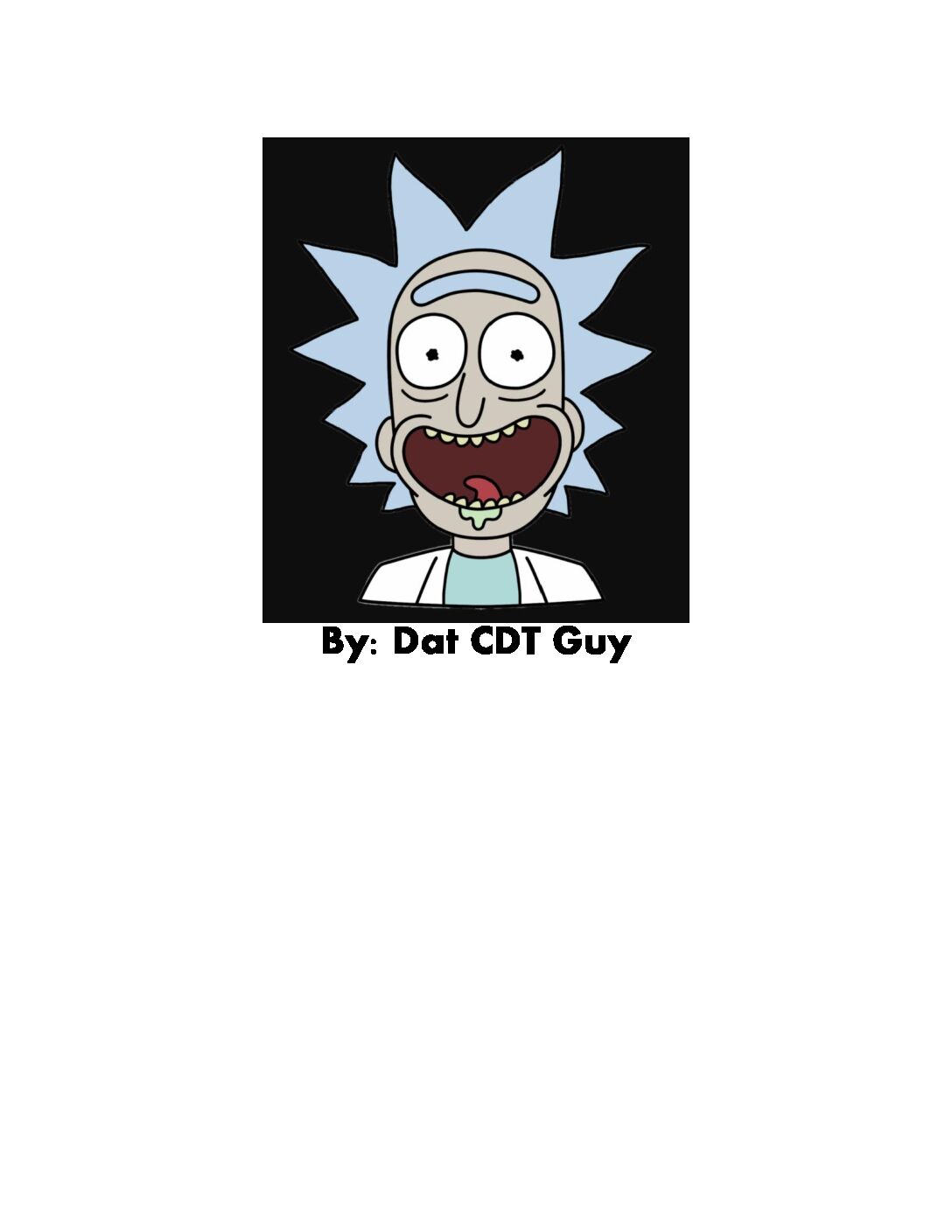Medical Advice and How Not to Give It – I’m not a doctor, but I play one in the boudoir
In these series of blogs on the cannabis industry, I’ll explain why now, more than ever, it’s important to have an educated and caring staff at your dispensary. A Certified Dispensary Technician’s (CDT) influences are extensive, and the spotlight is bright.
Prologue
Modern day interpretations and in most hypochondriacs’ minds the Hippocratic Oath states, parenthetically, “First do no harm.” This oath taken by deeply in debt, overly scholastic MD’s is usually the first step taken so they can poke and prod at your body (and your bank account-got to pay off those student loans somehow). But it makes me think, they shouldn’t be the only ones taking this oath. The service mechanic at the auto dealership should be taking this creed before taking my car keys and ripping apart my engine. The hair stylistic excited about trying out a new age way of doing my coiffure should embrace this adage. And finally, the CDT behind the counter in the dispensary should be thinking about this every time they engage with a customer. What we do in this industry is serious business and requires the right frame of mind and attitude to maintain a professional environment while taking in to account that you will come across people that are in need of cannabis for very real health issues. That compassion needs to be tempered in a way that doesn’t blur lines.
Do not give medical advice
As mentioned before in our Blunt Talks, language is very important with both medical and recreational cannabis. It also can underscore the delicate balance facing you.
You have a responsibility to both yourself and your employer to make sure you do not give out any medical advice. In particular, there are situations where you could make over-broad claims about your products without even recognizing that you’re making those claims. That’s when being educated about all aspects of cannabis and cannabis products becomes crucial. You need to convey to your patients and customers both the potential and limitations of cannabis; and to be realistic about what cannabis products can deliver.
You must avoid assumptions. Presuming that a symptom presented by a patient or customer can be “treated” or “cured” with a particular product can create a situation where you might be readily proven wrong.
Those situations can start with something that appears to be very simple. For example, a customer comes in, says to you that they’re having a hard time sleeping and need something to help with their insomnia.
You absolutely must avoid assuming you have a remedy. You must stay away from saying things like, “This is the product for you.” You and your company do not want to create false promises for a variety of reasons. One reason for avoiding this type of language is very basic. Imagine if the customer takes a product home, tries it out and finds it doesn’t help them. In that scenario, you have created a negative situation – a situation that not only discredits you and your business, but also creates bad feelings that can stigmatize the cannabis industry in general.
Another very important reason: In most cases, you are not licensed medical professionals and are therefore not licensed to give out medical advice or to prescribe medications. The use of words such as “treat,” “cure” or “prescribe” can therefore take you and your business into very dangerous territory with your clientele.
Instead, in that situation, you should be prepared to present the guest or patient with an overview of the products available. You also need to discuss how other consumers have used these products for the symptoms they have mentioned.
So rather than saying to the sleepless customer, “here’s a product that’s going to help you to sleep,” you should say something like: “Here’s a product that I can recommend that other people with similar issues are finding success with.”
In the next “Blunt Talk” we’ll discuss the upcoming elections and cannabis ballots up for votes in November.

